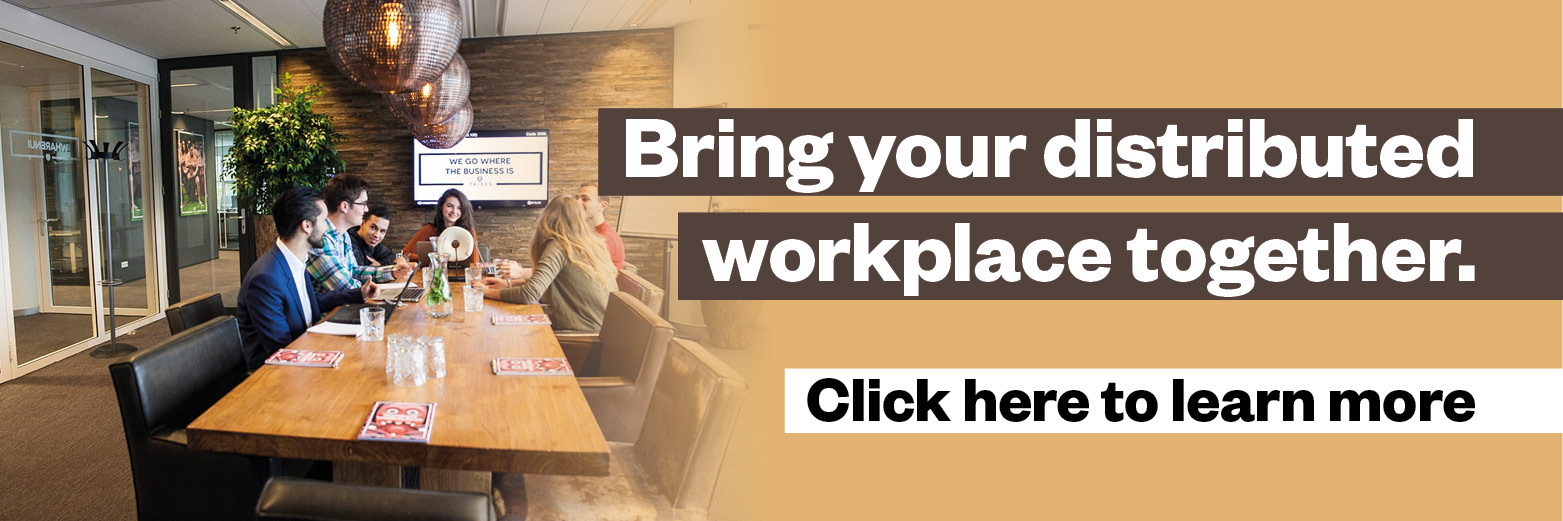
Isobel McKenna
Head of Workplace Solutions EMEA, Upflex
A Silicon Valley start-up is providing organisations with on demand access to thousands of flexible workspaces around the globe. But what are the benefits of this hybrid work revolution?
What Airbnb is to travel or OpenTable is to restaurants, Upflex is to the world of workspace. From WeWork’s global network to a myriad of boutique flexible workspaces, the tech platform provides organisations with work locations to meet almost any need. Isobel Mckenna, Head of Upflex EMEA, shares how the company is helping organisations harness the full potential of hybrid working.
What are the benefits of hybrid working?
There are a multitude of benefits. We’ve become familiar with the improved work/life balance and better health and wellbeing outcomes, which of course flows through to better outcomes for the employer, in terms of increased motivation and productivity.
There are also significant financial benefits to an organisation, in terms of reducing office floor space and the cost that goes with that but there are much wider benefits as well.
Hybrid working allows for a more distributed workforce, which means you are less reliant on a specific geography so have access to a wider talent pool – not merely those within commuting distance – and that can mean a more diverse and inclusive workforce. Hybrid working is also better for the planet.
Tell us more about what your platform provides?
Upflex provides organisations with on demand access to over 6,000 flexible work locations around the globe, including over 500 in the UK and more than 2,000 across Europe. We have exclusive access to WeWork’s global network, as well as workspaces provided by more than 700 other boutique providers.
This gives employees a huge array of choice as to where they work out-of-the-home and an interface that enables them to book desks or meeting spaces – whatever they need – on an on-demand basis. But what is also unique is our ability to capture behavioural data and analytics and help organisations use this to drive strategic change.
Hybrid working allows for a more distributed workforce, which means you are less reliant on a specific geography so have access to a wider talent pool.
Why is data important?
We have all been living through an accelerated revolution in work. Post-pandemic almost every organisation is under pressure to introduce some form of hybrid working, but what version do you implement? There’s no one size fits all solution, but many organisations are now having to make very serious decisions about their future without having an evidence base to support their adopted strategy.
So how can you help?
By providing organisations with a vast network of on-demand spaces, employers are able to track how those spaces are being used. What behavioural patterns are emerging? Which locations are most popular? Is it for collaborative or focused work or just meetings? Capturing this real time data and transforming it into meaningful intelligence will help determine the best hybrid work solution for an organisation over the medium to long term.
Can you tell us about the sustainability benefits?
Take commuting for example: pre-pandemic employees spent around 30 billion hours commuting to and from work every year, so reducing this is the easiest and most effective way for organisations to reduce their carbon footprint. Annually, 51 million metric tons of carbon emissions could be saved through the widespread the introduction of hybrid working.
Having on-demand workspace through our network means organisations don’t have office space sitting underused, which leads to greater efficiencies, less waste, a reduction in building and energy costs and associated emissions.
When you consider that over half of millennials and Gen Z talent say they would take a pay cut to work for an environmentally conscious company then its clear that being more sustainable is not only an imperative to tackle the climate crisis, but also to attract the best and brightest.
A properly implemented hybrid work solution enables organisations to do that – it’s important to get the right solution in place and that’s where we can help.
Get in touch
Email – [email protected]
Mobile – 07909 684978



